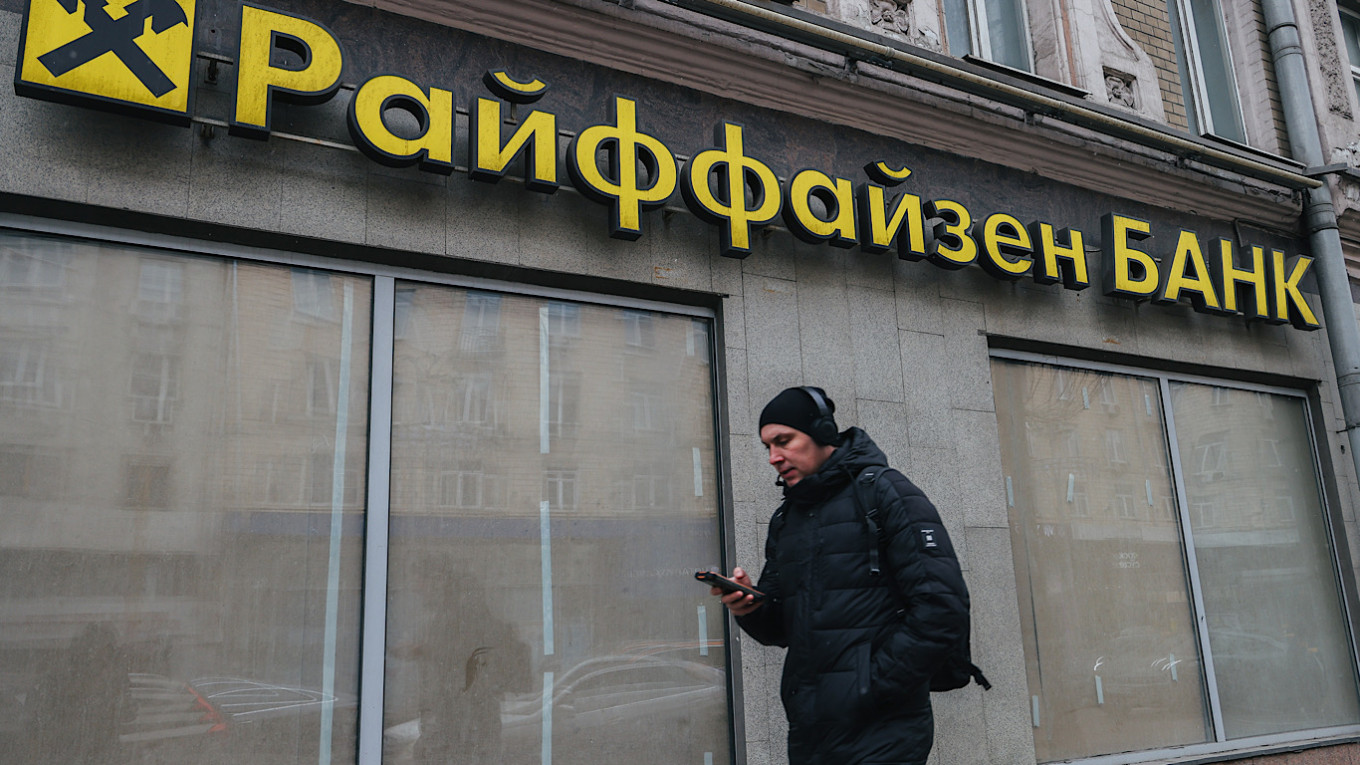Austria’s Raiffeisen Bank International (RBI), the largest Western financial institution still active in Russia, has once again been unsuccessful in its attempt to sell its Russian operations and exit the market, according to a Reuters report on Wednesday, which cited two sources familiar with the situation.
The bank had identified a local buyer for its stake, but the transaction was thwarted by Russian authorities, who were concerned that handing ownership to local investors might activate Western sanctions against RBI, which serves as a vital financial conduit for Moscow, one source revealed.
Sources indicated that Moscow is keen to maintain its existing economic relationships with Europe, which continues to purchase billions of euros worth of Russian oil and gas annually.
Raiffeisen plays a role in processing payments for fuel shipments via the TurkStream pipeline, which remains Moscow’s sole gas connection to the European Union.
From January to August 2025, Russia exported approximately 11.5 billion cubic meters of gas through TurkStream to various EU countries including Bulgaria, Hungary, and Slovakia, with the exports valued at around $3.8 billion at market rates.
Despite the restrictions on euro transfers abroad, Raiffeisen is still enabling some cross-border payments for select major Russian corporations, another source noted.
A representative for the bank stated that RBI is in the process of scaling down its operations in Russia but emphasized that any sale must receive governmental approval. The spokesperson did not provide a specific timeframe for a potential deal, mentioning only that discussions are ongoing.
The Central Bank of Russia declined to provide any comments.
Raiffeisen initially expressed its intention to leave Russia shortly after Moscow launched a full-scale invasion of Ukraine in 2022. However, in October of that year, President Vladimir Putin enacted a ban on the sale of stakes in 45 banks controlled by investors from “unfriendly” nations unless approved by the government.
RBI’s Chief Executive Johann Strobl has made multiple efforts to divest the Russian assets and has even traveled to Moscow to negotiate a deal, according to one of Reuters’ sources.
Since the invasion, the bank has reportedly amassed around 7 billion euros in profits within Russia—funds that are now effectively inaccessible within the country.

